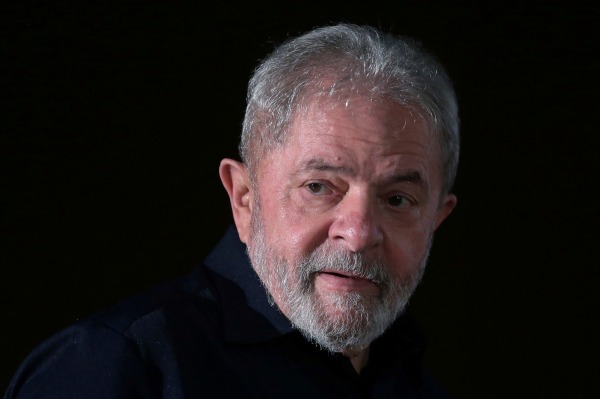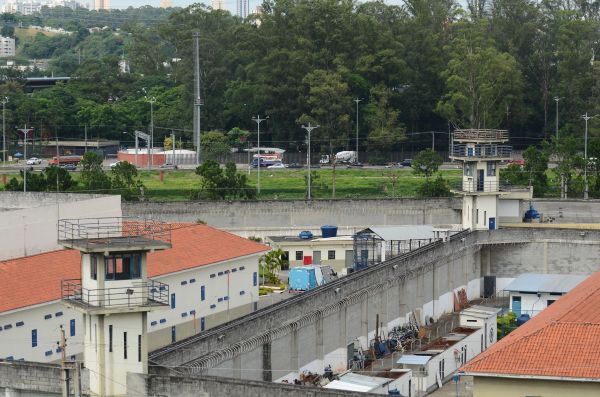By Carlos Monge*

Peruvian President Martín Vizcarra meeting with Foreign Press/ Flickr/ Creative Commons/ https://bit.ly/2noHE1m
Peruvian President Vizcarra’s proposals to move up general elections from 2021 to 2020 and reform the election of new members of the highest court in the country – and Congress’s rejection of them – have sparked a crisis that has led him to dissolve Congress and call for new elections to replace it. The Congressional majority, led by the followers of Keiko Fujimori (in pre-trial “preventive prison” on corruption charges) and Alan García (who committed suicide in April to avoid arrest on similar charges), had rejected a series of reform proposals, although polls have consistently shown massive support for them and rejection of the Congress’s obstructionism. Events of the following 48 hours resemble a comedy script as the two sides faced off.
- On September 30, the Congress rejected Vizcarra’s push for improvement of procedures for the election of new members of the Constitutional Tribunal – proceeding to elect a new member to its liking – and rejected his request for a Confidence Vote. In response, based on the constitutional prerogative the President has if a Confidence Vote is denied two times (his predecessor, Pedro Pablo Kuczynski, PPK, had also been denied one), Vizcarra dissolved the Congress and called for new elections to replace it. At the same exact time, Congress granted the Confidence Vote, but with new rules to be put in place afterwards. In the evening it “temporarily” removed Vizcarra from office, swearing in Vice President Mercedes Aráoz as “temporary” President.
- On October 1, Aráoz – who the previous evening said she “accepted the [temporary presidency] with fortitude” – explained that she was not really President, said that her appointment was merely political symbolism, and declined the appointment. In the meantime, Vizcarra received the support of the Armed Forces and the associations of Regional Governors and Municipal Mayors, swore in a new Cabinet, and formally called for new elections in January 2020.
The confrontation is more than just a short-term political dispute between a President and opposition parties. It reflects the resistance of liberal and leftist politicians, journalists, church sectors, honest public officials, and social and citizen platforms to the total takeover of the state by a coalition of corrupt politicians, illegal economies, conservative religious groups, and corrupt businessmen. These latter groups have long had representatives in different parliamentary benches, ministries, and regional and local governments. But they did not have the direct total control that, according to many observers, they would have had if Keiko Fujimori, daughter of disgraced President Alberto Fujimori, won the 2016 elections.
- Keiko lost the very tight race to PPK but never accepted her defeat. Her party devoted itself to bringing the PPK government down by compiling evidence of his involvement in corrupt practices in previous stints as minister and prime minister. But the same corruption scandal that helped them remove PPK in March 2018 became a threat for both Keiko and former President García – and emboldened Vizcarra to move away from initial conciliatory policies. The President embraced a strong anti-corruption agenda, confronted the Congress, and won enormous popular support.
- The straw that broke the camel’s back was the Congressional attempt to capture the court through an internal election method in which parties presented their candidates in a 30-minute meeting and scheduled a vote for a few days later, with no public scrutiny of the candidates, no public hearings, or actions that could define the process as transparent and accountable.
Vizcarra has survived last week’s showdown, but the constitutional crisis and its underlying tensions are far from over. Leaders of the dissolved Congress insist that the new member of the court they elected last Monday be sworn in, so that a more conservative Constitutional Tribunal decides on the fate of Vizcarra´s move. But it could take months for the Tribunal to reach a decision. Until a new Congress is elected, Vizcarra will legislate via Urgency Decrees, without knowing the composition of the new Congress and his relationship with it.
- The dispute over the narrative of events is raging. For some, paradoxically aligned with the Fujimori heirs leading the Congress, Vizcarra has staged a coup similar to that of Alberto Fujimori in 1992 and thus become a dictator. For others, he has proceeded according to the Constitution and in defense of democracy. The best hope now is that the country can deliver a new, democratically elected Congress that will collaborate in completing the pending judicial and political reforms and in supporting the ongoing anti-corruption investigations. If it succeeds, Peru will be a better country and have something to celebrate during the July 2021 Bicentenary of its Independence.
October 8, 2019
* Carlos Monge is an Advisor at the Natural Resource Governance Institute in Lima.









